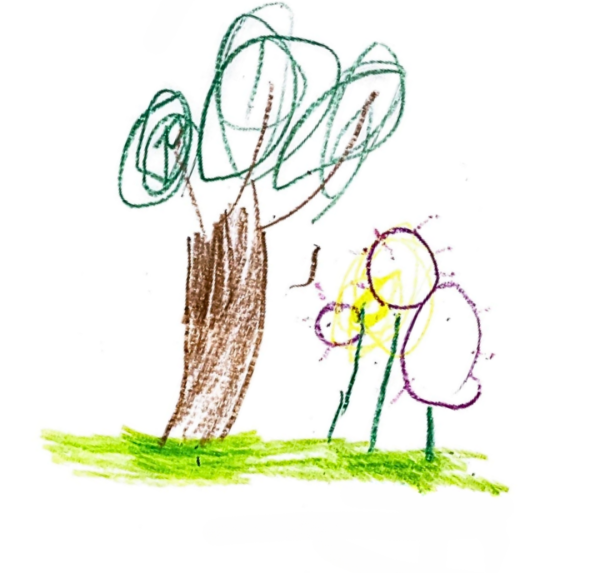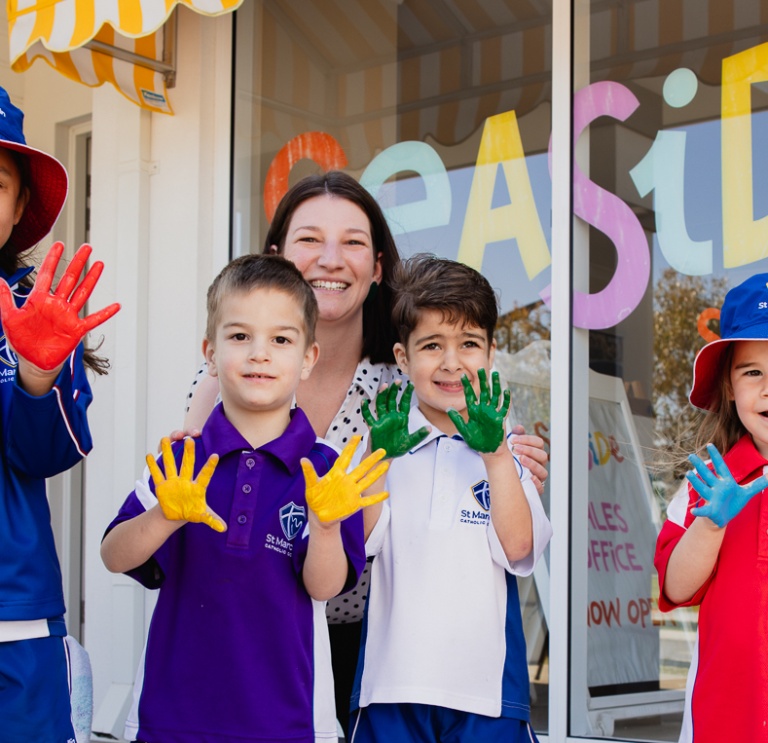Le Rosey Learners are ‘Curious Explorers’
At St Marcellin Catholic College, we believe that educating in the early years is a sacred responsibility. We understand that we are building the foundations in what is a vital period in our children’s learning and development. We want to ensure that all our children have experiences of being loved, valued, and appreciated.
Fundamental to our approach is a view of children’s lives as belonging, being and becoming. As our children participate in everyday life, they develop interests and construct their own identities and understandings of the world. In our Early Years, we employ a Reggio Inspired approach, drawing on elements of the philosophy within our own unique context.
There are six core principles that underly our Reggio Approach:
1. The image of the child
We hold an image of our children as being rich in potential, strong, powerful, creative, curious, competent and most of all, connected to adults and other children.
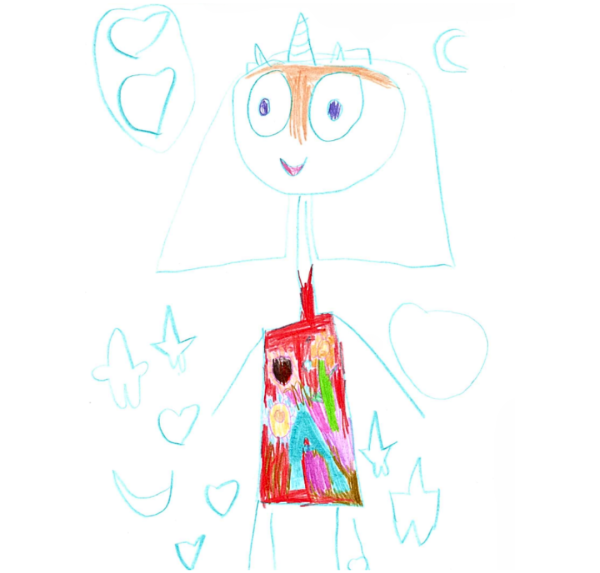
2. The hundred languages of children
This metaphor helps us to understand the extraordinary potential of our children. Children grow in their ability to communicate through their ‘hundred languages’ – a hundred different ways of thinking, discovering, and learning. Each of these ‘hundred languages’ are a valued and nurtured part of the image of the child as a competent and creative learner.

3. Relationships
Our approach is based upon reciprocal, respectful relationships which emphasise the valuing of the opinions, viewpoints and interpretations of others and the importance of adults and children learning together. Education is viewed as a shared responsibility, and parents are valued as having a central role in their child’s education and development.
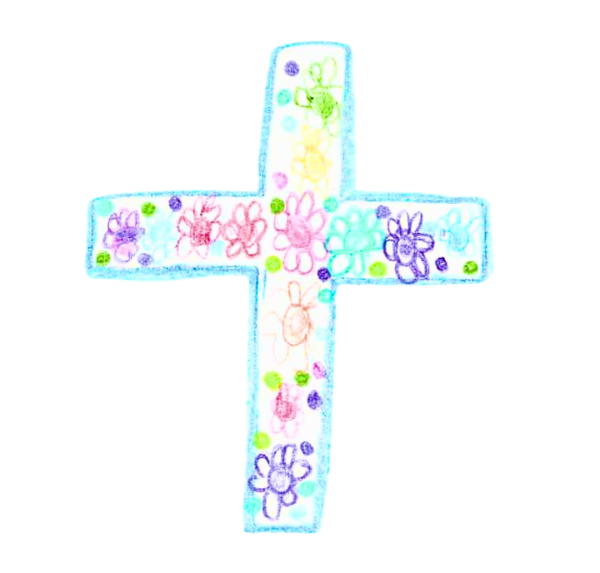
4. The role of the teacher
Educators support children in learning through exploration and investigation by responding to the interests of the children. The educator provides the ‘provocation’ of discovery through tuning into children’s dialogue. The role of the adult involves careful and sensitive listening, observation, documentation, and reflection.
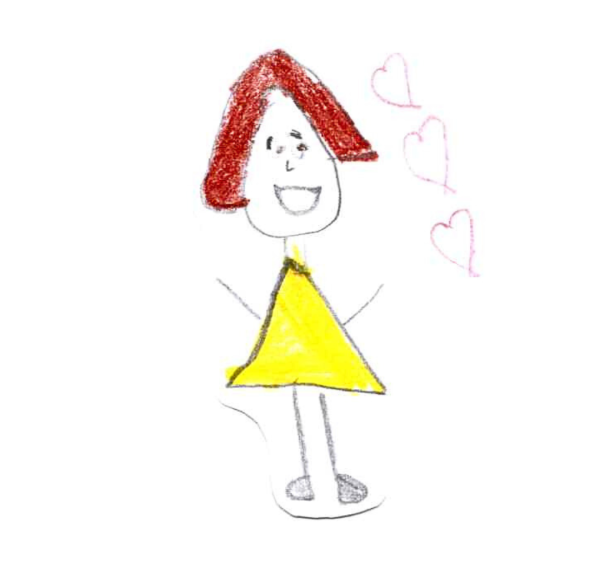
5. A language of listening
In Reggio, children’s ideas and thoughts are respected and taken seriously, and adults pay careful attention to what children say and think. As a result, an environment of respect is created where children are unafraid of making mistakes or reconstructing their ideas.
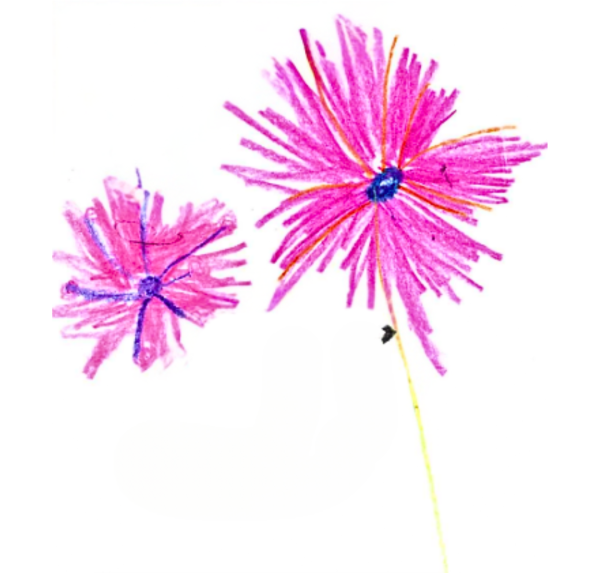
6. Our environment is the third teacher
We place great emphasis on the quality of the physical learning environment in nurturing learning and development. Children work inside and outside, with a range of open-ended resources and natural and recycled materials which stimulate creativity, exploration, and imagination. Each space respects children’s capability by providing them with authentic tools and materials while offering beauty and a sense of well-being and ease.
